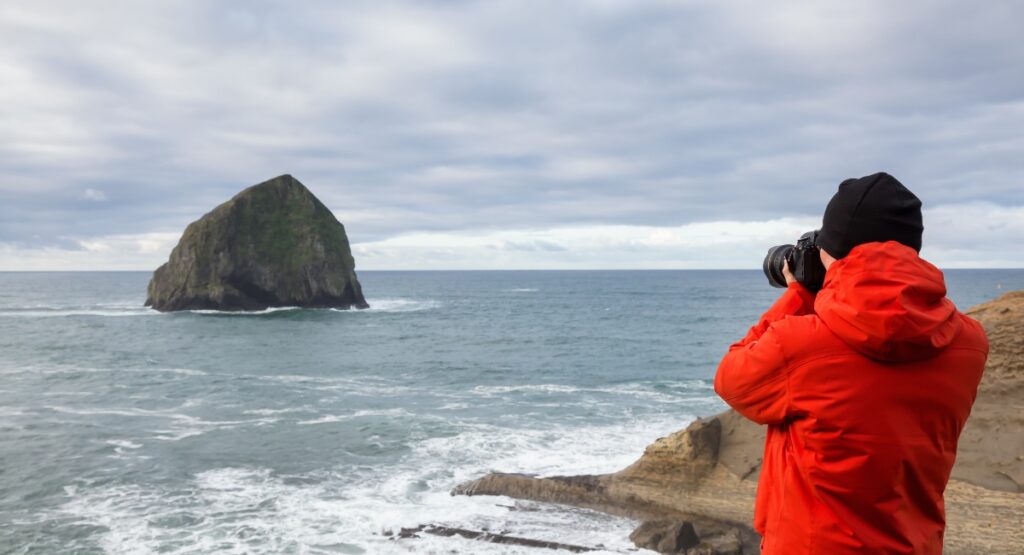Saving Baby Turtles is Good For Your Brain
Saving Baby Turtles is Good For Your Brain
By Dr. Wallace J. Nichols, Author of Blue Mind & Co-Founder, SEEtheWILD
Imagine sitting at your desk, looking out through a window on a sea of cars, houses, buildings, roads.
How do you feel?
Now imagine looking out at the ocean, strolling along the coast in search of sea turtle nests. Just a ribbon of sand backed by endless blue, to the horizon and beyond. The rhythm of the surf in your ears. Just you, the turtles, and the ocean for miles and miles.
How do you feel now?
New research suggests that saving baby sea turtles, taking a walk outside, and absorbing water views—yes, volunteering on a sea turtle nesting beach—can be very good for us.

Water calms us; it reduces stress. And since stress causes disease, that relief is a good thing. Combine that with the proven cognitive value of simply taking a walk outside, plus the value of an altruistic act and the creativity and insight generated by the color blue, and you get a potent brew I call “Blue Mind.”
As we combine the fields of neuroscience and ocean exploration and protection, we are gaining new insights into ourselves, our relationship with water, and ways to use what we learn to make our planet healthier. There’s plenty of overlap between the study of the human brain and the single biggest feature of our blue planet.
In his new book, Imagine: How Creativity Works, neuroscience writer Jonah Lehrer explains that the color blue can double your creative output. Creativity isn’t a lucky gift you’re just born with. It can be developed, honed, and jacked up, if you know how. Being near water can help you with that.
In a two-year study surveying 2,750 respondents, University of Plymouth researchers found that visits to the coast were more psychologically beneficial than those to other outdoor locations. The sea enhances positive feelings, boosts well-being, and offers enjoyment, calm, and refreshment.
When asked how people can break old habits and build new, healthier ones, Charles Duhigg, author of The Power of Habit, says: “Take a walk outside.” Add to that the fact that empathy, altruism, and gratitude make us happier and healthier, and you’ve got just the right mix for a brain-building vacation.
If we simply connect the dots between all these elements it’s clear that a walk along the water—be it a bay, ocean, lake, or river—can be very, very good for us.

The flip-side of the Blue Mind coin is “Red Mind,” which includes the stress, despair, and even anger caused by a dead sea, an oil spill, or a beach covered with plastic. Blue Mind only works if the water is clean and healthy.
Too much Red Mind will lead to burnout and make you sick. All the more reason to get involved in efforts to protect and restore the blue parts of our planet wherever you are.
But all this is just the very tip of the Blue Mind iceberg. As cognitive science and the ocean get to know each other better, expect more interesting insights and confirmations of the important message about getting outside, taking a walk, helping the ocean, connecting with wildlife, and getting your Blue Mind on.
The next time life’s stressors weigh on your shoulders or you face a creative roadblock, this ocean doctor suggests you take two miles of waterside walking, combined with releasing a couple of baby sea turtles. But please don’t call me in the morning.
Learn More:
Wallace J. Nichols Blue Mind Billion Baby Turtles
Photos: Hal Brindley (banner), Latin American Sea Turtles, Brad Nahill



